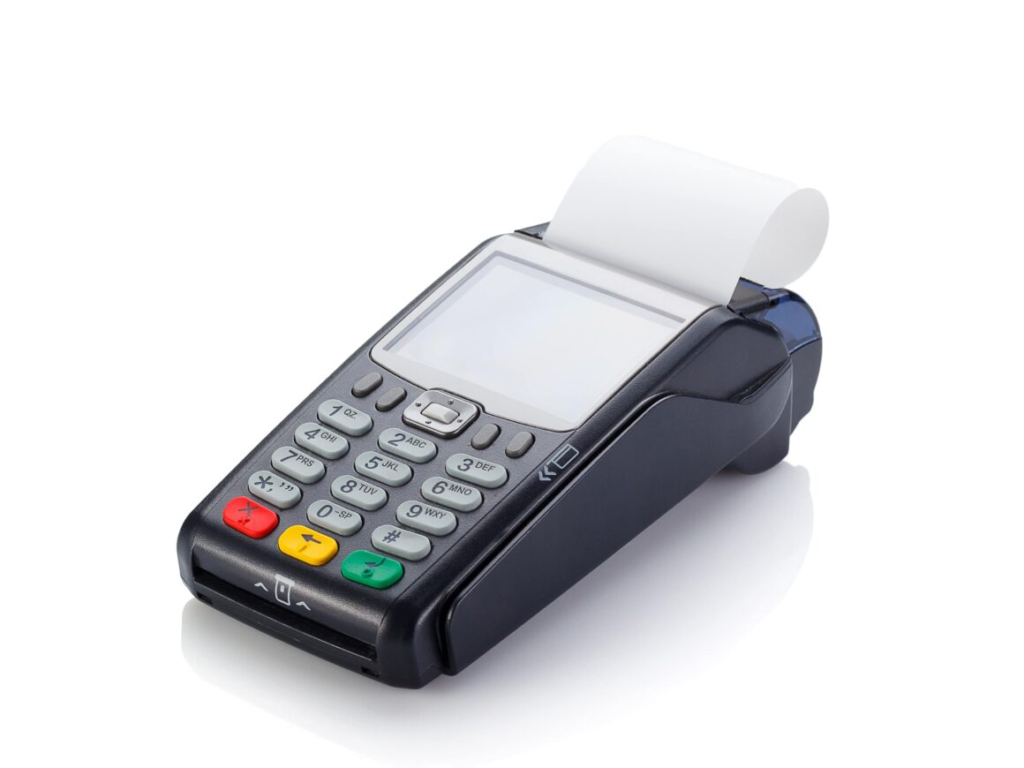
In 2024, Point of Sale (POS) terminals in Nigeria facilitated transactions worth N223.27 trillion, marking a remarkable increase from N110.35 trillion in 2023. This surge in digital payments is a clear indication of the ongoing migration from traditional Automated Teller Machines (ATMs) to POS platforms for financial transactions across the country.
According to data from the Central Bank of Nigeria’s (CBN) quarterly statistical bulletin, POS transaction volumes grew significantly, rising from 9.85 billion transactions in 2023 to 13.08 billion in 2024, reflecting a 32.7% year-on-year increase. In comparison, ATM transaction volumes remained relatively stable, growing marginally from 1.012 billion to 1.022 billion transactions during the same period.
The value of ATM withdrawals in 2024 reached N29.12 trillion, a slight increase from N28.21 trillion in 2023, further reinforcing the trend of reduced reliance on cash withdrawals through ATMs as digital payment systems continue to gain traction.
The figures from the Central Bank’s monthly reports highlight a consistent rise in POS transaction values throughout 2024. January saw POS terminals process N11.50 trillion, more than double the N5.28 trillion recorded in January 2023. In contrast, ATM withdrawals decreased sharply in the same month, falling from N3.24 trillion to N2.15 trillion year-on-year.
February also witnessed a substantial rise in POS transactions, reaching N12.46 trillion, a 69% increase compared to the N7.38 trillion recorded in February 2023. March saw POS terminals process N14.73 trillion in transactions, surpassing N10.62 trillion in March 2023, while ATM usage continued to dip.
In April, the value of POS transactions reached N13.74 trillion, compared to N8.55 trillion in the same month of 2023. ATM withdrawals were similarly subdued, dropping from N2.41 trillion to N1.81 trillion. The upward trend continued into May and June, with POS transactions in May hitting N13.91 trillion, a 67.3% increase from the previous year. June saw one of the most significant surges, with POS value soaring to N19.57 trillion, more than double the N8.31 trillion recorded in June 2023. ATM usage by value remained relatively unchanged at N2.45 trillion despite an increase in transaction volume to 113.17 million, indicating more frequent but smaller withdrawals.
In the months that followed, POS transactions continued to surge, with July 2024 recording N15.24 trillion, a year-on-year increase of 83%. In August, the figure reached N18.90 trillion, and by September, POS transactions surged to N19.69 trillion, compared to N9.40 trillion in 2023, marking a 109.6% increase. The momentum continued into October and November, with December 2024 witnessing the highest spike in POS transactions at N31.84 trillion, compared to N13.20 trillion in December 2023. ATM withdrawals in December also rose, reaching their peak for the year at N3.91 trillion, up from N2.43 trillion the previous year.
The data demonstrates the growing adoption of POS terminals across Nigeria, driven by the expansion of agency banking networks in both urban and rural communities. While ATM usage continues to be important, it is clear that reliance on physical cash withdrawals is steadily decreasing as Nigerians increasingly turn to POS platforms for their day-to-day transactions.
The shift towards digital payments highlights the growing demand for convenience, speed, and broader financial inclusion. However, this rapid growth has also led to concerns about transaction fraud and rising charges for POS services. In December 2024, POS agents raised transaction charges by approximately 100%, with fees reaching up to N200 per N5,000 withdrawal, as cash shortages and the introduction of new levies such as the Electronic Money Transfer Levy impacted the sector.
A significant concern has been the rising incidence of fraud. According to the Fraud and Forgeries Report for Nigerian Banks for the first quarter of 2024 by the Financial Institutions Training Centre (FITC), fraud cases involving POS terminals surged by 31.12% in Q1 2024, compared to the previous quarter. POS fraud made up 30.67% of the total fraud cases recorded in the quarter, with the majority of fraudulent activities occurring through mobile devices, computers, and POS systems.
In response to the increasing fraud cases, the CBN introduced new regulations to combat fraud and promote the cashless policy. These measures include setting a daily cash-out transaction limit of N100,000 per customer and restricting POS agents to a maximum of N1.2 million in daily transactions. The new rules also mandate that all agency banking transactions must be conducted through designated float accounts, with all agent terminals connected to the Payments Terminal Service Aggregator.
As POS transactions continue to rise, it is evident that digital payments are now firmly embedded in Nigeria’s financial landscape. While the transition to a cashless economy is progressing, the CBN’s regulatory measures will be critical in ensuring security and mitigating risks associated with increased digital payment usage.
